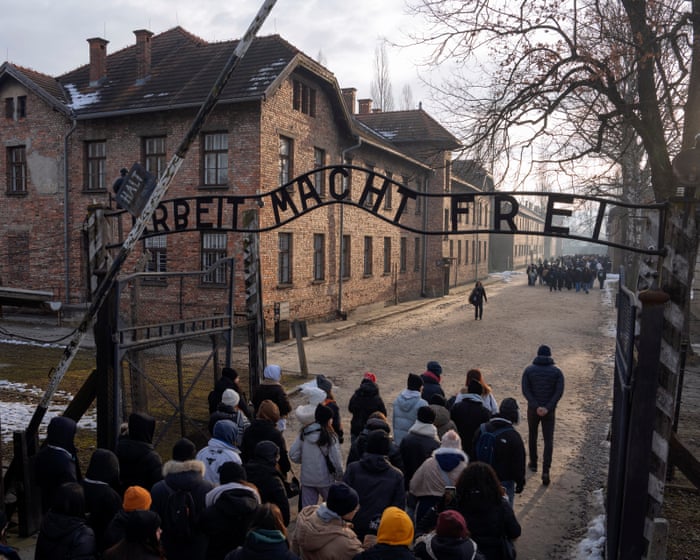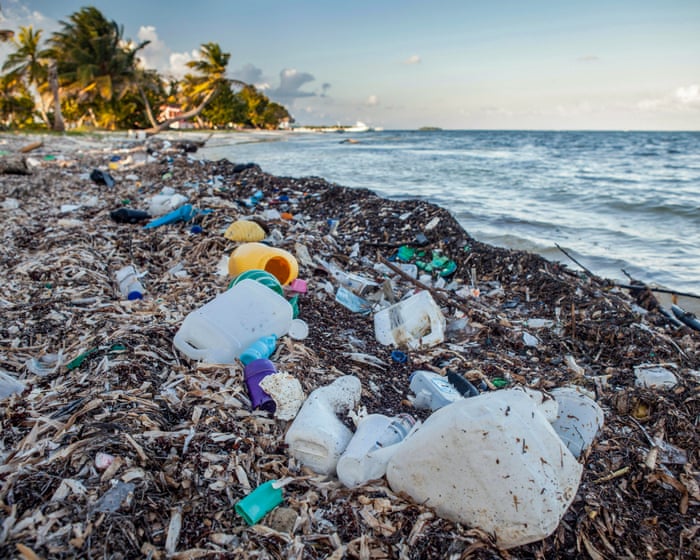Every morning, Zahia leaves the home she shares with her four grandchildren in the Algerian coastal city of Bou Ismaïl and goes to her job cleaning a primary school. For the past year, she has lived alone with the children after the deaths of both her daughters tore their family apart.
Their tragedy began on October 5, 2021, when Zahia’s youngest daughter, Feryal, then 23, decided to leave Algeria with her husband, Aissa, and their two-year-old son, Amjad. At the time, neither had steady jobs—though Aissa occasionally worked as a horseback tour guide—but they were determined to build a better life.
According to Frontex, the EU’s border agency, thousands of people try to cross the western Mediterranean from Algeria to southern Spain each year, paying smugglers anywhere from €900 to €20,000. Feryal and her family are believed to have paid around €5,000.
Zahia says she didn’t realize Feryal’s journey would be illegal: “She told me she was leaving with official documents and that the trip organizer would get her a passport. She never said she was migrating illegally.”
Their plan was to reach Spain’s Balearic Islands. Feryal and her family reportedly knew the smuggler organizing the trip.
Just before the boat departed, Zahia’s other daughter, Siham, then 27, received a photo from Feryal. In it, Feryal appears calm, sitting next to Amjad, who is wearing a blue coat and a wool hat with a smiling bear on the front. Feryal is making a peace sign with her right hand.
It was the last message the family ever received from them.
Hours turned into days with no word from Feryal, her husband, or the seven other passengers on the boat. A few days after the boat set off, messages began circulating on Facebook about a small migrant vessel that had left northern Algeria for the Balearic Islands and vanished without a trace. With no news from Feryal, Zahia and Siham feared the worst.
There is little support for families searching for missing loved ones who traveled illegally, and Zahia and Siham couldn’t afford visas or travel to Spain themselves. Algeria only steps in if the body of an Algerian citizen is found; it then works with Spain through its embassy to confirm identities and cover the costs of repatriation.
So Siham began reaching out to activists, rights organizations, and other Algerians in Spain who might have information about her sister. She also posted videos on social media telling their story, hoping for a lead.
In one video, reviewed by the Guardian, Siham says: “I have no father or brother. I took on the responsibility alone and didn’t want to involve my mother to spare her the burden. If I had a father or brother, I would have just stayed home crying and left this to them.”
On October 21, 2021, a Spanish local newspaper, Diario de Ibiza, reported that the Guardia Civil had found two decomposing bodies—one woman and one man, later identified as the boat’s captain—on a beach in Formentera, another Balearic island. According to a burial permit seen by the Guardian, the two were buried in the island’s municipal cemetery on November 9, 2021.
As news of the missing boat spread on social media, some suspected one of the bodies might be Feryal’s, though there was no official confirmation. Zahia says Siham was contacted by someone who used to work for a Spanish organization that helps locate missing migrants and identify bodies, often through unofficial channels. They were told the NGO had information about a—After the body was found, authorities requested official documents to help with identification. There are reports that families have been asked to pay hundreds of euros for information about missing relatives. In Spain, NGOs, forensic experts, and funeral workers have been investigated for allegedly leaking sensitive images and details about migrants’ bodies found along the coast, apparently for money.
Zahia’s daughter, Siham, was sent photos of her sister’s autopsy via Facebook Messenger by a former NGO worker. The images left Siham in shock and deep distress. In a Facebook live video, Siham said her sister’s photos were used to scam other families of missing migrants. “They sent my sister’s pictures to families, making them believe it was their child, just to exploit their grief and demand money for more information or to return the body,” she explained. Zahia said Siham was asked for money but never shared the amount or whether she paid.
Once Siham’s description matched the recovered body, authorities ordered a DNA test. It took months to confirm the identity and even longer to complete repatriation. The body was finally sent back to Algeria in March 2023.
The photos deeply affected Siham, who was already struggling with anxiety. She sank into severe depression and kept much of her pain to herself, not wanting to worry her mother. Last year, Siham died by suicide, leaving behind four children. “My daughter couldn’t bear those pictures,” Zahia said.
Now coping with the loss of two daughters and a grandson, Zahia condemns both the smugglers and those who prey on families searching for missing loved ones after dangerous sea journeys. “I sit alone and talk to myself,” she says. “They’ve left us in misery.”
The bodies of her son-in-law and grandson, Aissa and Amjad, have not been found. Zahia regrets not taking on the fight for justice while Siham was still alive. “Siham wanted to file complaints against everyone who manipulated her during her search,” Zahia explains. “But she died before she could.”
Frequently Asked Questions
Of course Here is a list of FAQs about I sit by myself and speak to no one but me a family torn apart by Europes migration crisis
BeginnerLevel Questions
Q What is this story about
A Its about a single family whose lives are shattered when they are forced to flee their home due to war or persecution and the immense personal and emotional toll of becoming refugees in Europe
Q Is this a true story or fiction
A While it may be presented as a specific narrative it is based on the real and common experiences of millions of families affected by the European migration crisis that began around 2015
Q What is the migration crisis mentioned in the title
A It refers to the period primarily from 2015 onwards when a huge number of refugees and migrants from the Middle East Africa and Asia arrived in the European Union seeking safety and a better life which created significant political and social challenges
Q Why would a family be torn apart
A Families can be separated during the dangerous journeythrough shipwrecks different asylum application outcomes in various countries or because some members are trapped in conflict zones while others escape
Advanced Detailed Questions
Q What are some specific challenges refugee families face once they reach Europe
A They face complex asylum procedures language barriers difficulty finding housing and work social isolation and often trauma from their journey and past experiences
Q The title mentions I speak to no one but me What does that signify
A It highlights the profound loneliness isolation and psychological trauma a refugee can experience They may feel they have no one to trust or confide in retreating into their own thoughts
Q How does the story likely portray the different perspectives within the crisis
A It probably shows the human personal sidethe fear hope and loss of the familycontrasted with the often impersonal and bureaucratic systems of host countries and the political debates surrounding migration
Q Are there legal reasons a family might be separated in Europe
A Yes The EUs Dublin Regulation often requires asylum seekers to apply in the first country they enter If family members enter through different countries or at different times they can be forced to stay apart
Practical Reflective Questions



